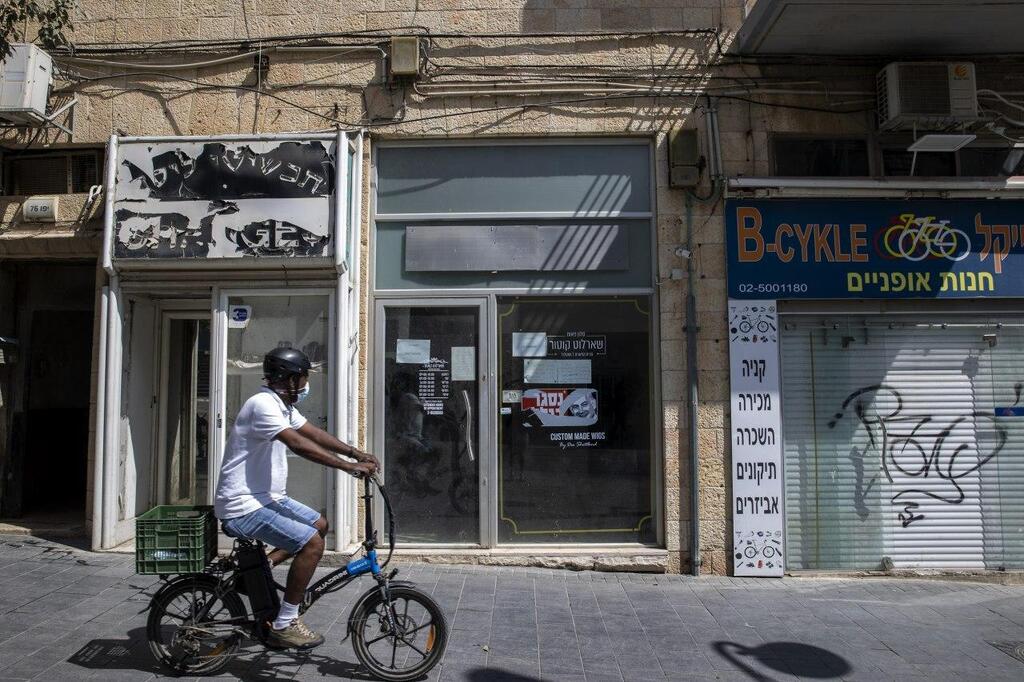Getting your Trinity Audio player ready...
Since the outbreak of the coronavirus pandemic in March, Israel has seen a spike in the number of suicide threats made by individuals who have run into severe economic tribulations due to the COVID-19-induced nationwide economic crisis, a Justice Ministry official said on Tuesday.
During a meeting of Knesset’s Labor, Welfare and Health Committee, the Justice Ministry's Enforcement and Collection Authority Chairman Tomer Moskowitz revealed that between January and October 2020, Israel had documented 168 cases of individuals who threatened to take their own lives due to financial struggles.
For comparison, that number stood at 129 and 136 in 2018 and 2019, respectively.
Moskowitz also said that he asked to provide workers training to better handle such cases.
"We asked for training for all our workers who come into contact with debtors. From the security guard at the entrance to our receptionists, public inquiries representatives and more. All in order to allow them to identify and handle cases of a suicidal nature,” Moskowitz said. “This won't turn them into psychologists or therapists, but it will give them the tools to handle those critical seconds in front of the debtor."
Dr. Shiri Daniel, Professional Director at Eran - a voluntary organization that provides psychological support services - also reported an increase in the number of incoming calls due to financial distress.
"Since the beginning of the pandemic, we have responded to more than 268,000 calls, compared to a total of 200,000 calls throughout the entirety of 2019,” Daniel said.
“We activate an emergency procedure to save lives three times a day. About 60% of those who contact us are facing a financial and employment crisis combined with a mental crisis."
Knesset Labor, Welfare and Health Committee Acting Chairman MK Tali Ploskov said that "the issue is always important, and now in the time of the coronavirus it's even more relevant. According to data, the number of suicides per year is declining but it is impossible to know what will happen tomorrow. It should constantly be on our minds.”
Director of Government Relations and National Programs at the Health Ministry Miri Cohen said that her department has secured funds to the tune of NIS 9.5 million to bolster personnel and training at suicide hotlines.




